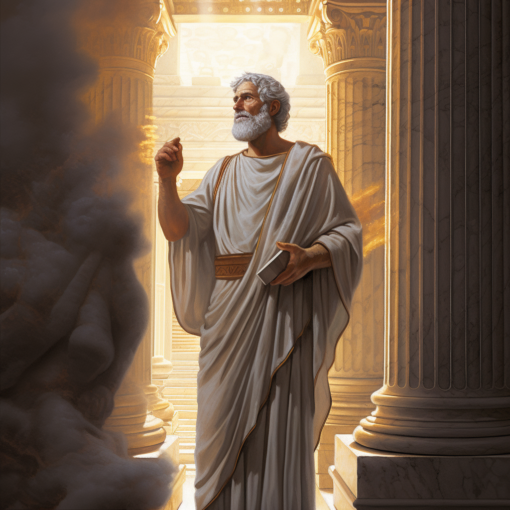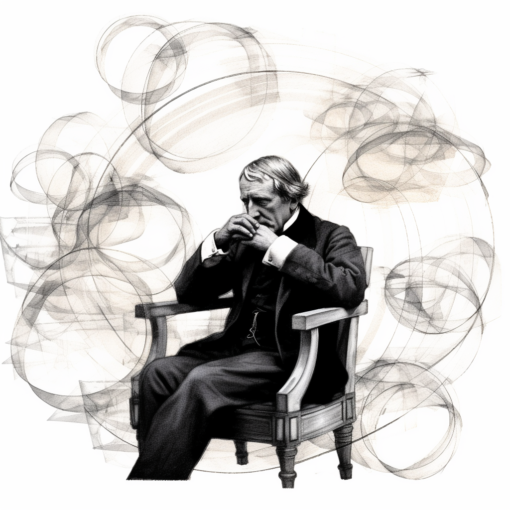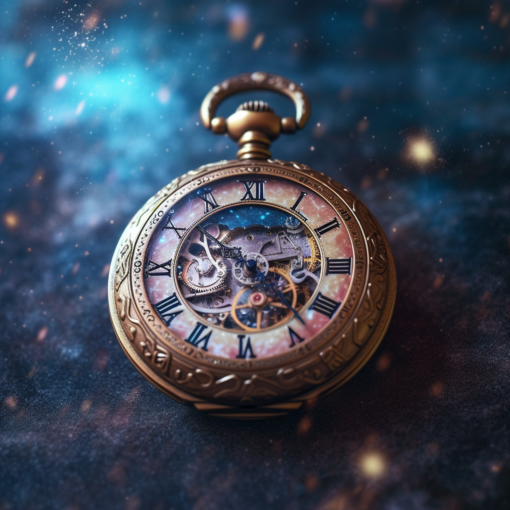Dear Reader,
Time, that ceaseless weaver, embroiders a grand tapestry of memories, some of which we look back upon with a certain fondness – a fondness I like to call nostalgia. It is a sentiment as old as human memory itself, a bitter-sweet cocktail of joy and melancholy that can catch us unawares on a lazy Sunday afternoon, or in the quiet moments before sleep.
Nostalgia, from the Greek ‘nostos’ meaning ‘return’ and ‘algos’ meaning ‘pain,’ was once considered a malady, a form of homesickness so severe it could be fatal. But today, it is recognized as an emotion that can provide comfort, foster resilience, and even kindle a sense of belonging. It is this paradoxical pleasure that I seek to explore today.
Philosophers have long been fascinated by nostalgia. The German philosopher Friedrich Nietzsche, for instance, saw it as a sign of dissatisfaction with the present, a refusal to confront the reality of change. Yet, he also suggested that our ability to look back fondly on the past can lend a sense of continuity and meaning to our lives, anchoring us amidst the relentless tide of time.
Psychologically, nostalgia serves as a mental balm, soothing feelings of loneliness or alienation. It can transport us back to a time when we felt safe, loved, or successful, bolstering our mood and self-esteem. However, it also carries a tinge of sorrow for what is irretrievably lost, a yearning for the unreachable past.
From a sociological perspective, collective nostalgia, where a group reminisces about shared historical events, can strengthen social bonds and foster group cohesion. However, it can also romanticize the past and hinder progress, a phenomenon we often see in political or cultural discourse.
Nostalgia, then, is a paradox — a pleasure tinged with pain, a refuge and a reminder of loss, a bridge between the past and the present. It is a testament to our capacity for joy and sorrow, a sign of our inherent humanity. And perhaps, in its own strange way, it offers a kind of immortality, a defiance of time’s relentless march.
So, dear reader, the next time you find yourself in the warm embrace of a nostalgic reverie, take a moment to appreciate this complex emotion. Savor the sweet and acknowledge the bitter. For it is in this delicate balance that we find the full richness of the human experience.
Until we meet again,
Percival

Further Reading:
- The New York Times: What is Nostalgia Good For? Quite a Bit, Research Shows: An intriguing article that delves into the psychological benefits of nostalgia, based on various research studies.
- Stanford Encyclopedia of Philosophy: Friedrich Nietzsche: A comprehensive exploration of Friedrich Nietzsche’s philosophical ideas, including his views on nostalgia.
- The Conversation: The Dark Side of Nostalgia: An interesting piece on the potential pitfalls of nostalgia, focusing on the concept of ‘sehnsucht’ or ‘life-longings’.
- Psychology Today: The Paradox of Nostalgia: An article that examines the paradoxical nature of nostalgia, its causes and effects.





11 thoughts on “The Paradoxical Pleasure: The Sweet Sorrow of Nostalgia”
Can you be more specific about the content of your article? After reading it, I still have some doubts. Hope you can help me. https://www.binance.com/en-IN/register?ref=UM6SMJM3
Thanks for sharing. I read many of your blog posts, cool, your blog is very good.
Can you be more specific about the content of your enticle? After reading it, I still have some doubts. Hope you can help me.
Your article helped me a lot, is there any more related content? Thanks!
Your point of view caught my eye and was very interesting. Thanks. I have a question for you.
Yo, 188betag is where it’s at! Been using it for a while now and haven’t had any issues. Quick payouts and responsive customer support. Good place to throw down a few bets. Highly recommend! 188betag
Hey everyone, heard some buzz about 6gbetcasino and decided to give it a try. It’s got a slick interface and a ton of different games to choose from. Had a good time so far. You can find them here: 6gbetcasino!
Looking for the latest hot games? 777xkgamedownload seems to have a good selection of fun games. Find the games here: 777xkgamedownload, maybe you’ll find something you like.
Having problems accessing Sige777? sige777linklogin comes in clutch. I recommend using this URL so you can log in to your account without the worry of getting scammed: sige777linklogin
Neo79bet, ah? Heard some good things. Their odds are competitive, lah. Need to deposit a bit to check everything properly, but first impressions quite ok. Maybe my new main site? See for yourself at neo79bet.
Heard some whispers about 18win1. Decided to give it a whirl. Site’s alright, nothing too flashy, but it gets the job done. Registration was smooth! Definitely worth checking, especially if you like simple and straightforward. Find them here: 18win1